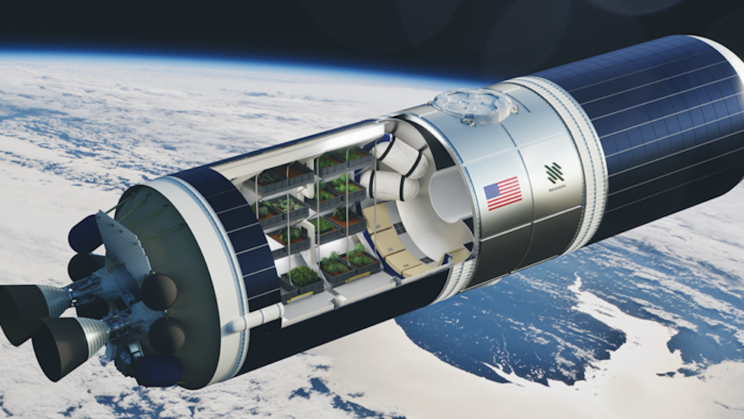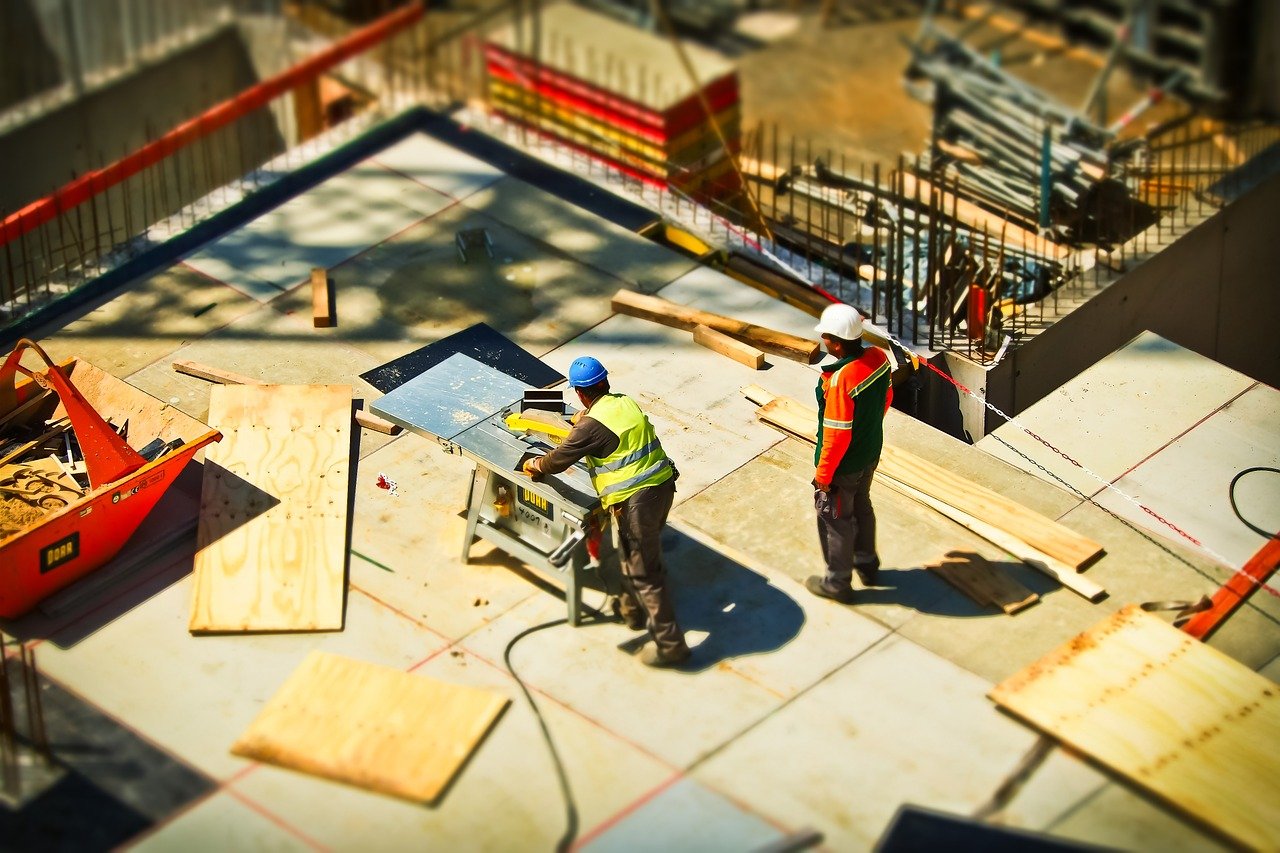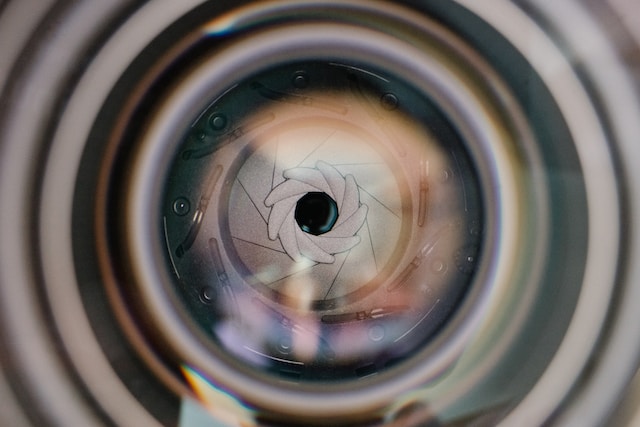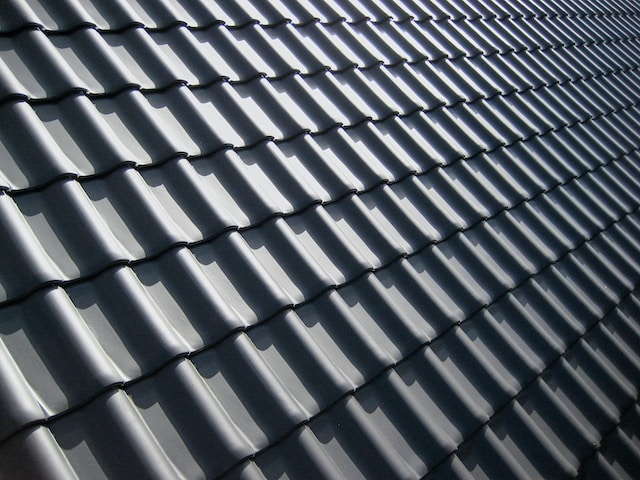NASA has plans to eventually put humans on Mars. For providing fresh eats for astronauts headed to the moon and Mars, scientists are conducting many plant experiments. It won’t be easy for astronauts to live off freeze-dried food for months or years at a time.
So, Nanoracks, a Texas company has opened a subsidiary called “Starlab Oasis” that will work on research and development of food in space. But these space technologies could provide benefits here on Earth as well. Nanoracks foresee that solar greenhouses originally designed for space could also enable food production in extreme environments on Earth.
Jeffrey Manber, CEO of Nanoracks, said, “StarLab Oasis will provide the technology and access necessary to overcome the direst challenges facing our Earth today, from climate change to water scarcity, and to one day in turn, help sustain tomorrow’s farmers, innovators, and space explorers,”
The company has partnered with the Abu Dhabi Investment Office (ADIO) to help develop Abu Dhabi’s Agtech ecosystem. However this will have potential benefits for the entire world.
Starlab Oasis will open its first experimental greenhouse in 2022. It will have an international team of experts in fields like bioengineering, botanical sciences, genetic seed research, and robotics.
The solar-powered greenhouses could allow growing crops in arid desert conditions. So, it could be of great help for the countries like UAE, which imports 90% of its food.
Allen Herbert, Nanoracks general manager said, “A great amount of the world’s sustainable and economically efficient food production will one day come from deserts, harsh environments and off Earth,”
“The reason for that is the abundance of renewable solar energy. I believe that thanks to the technology that we develop, we will be able to grow plants more efficiently in deserts and in space because of the available energy.”







